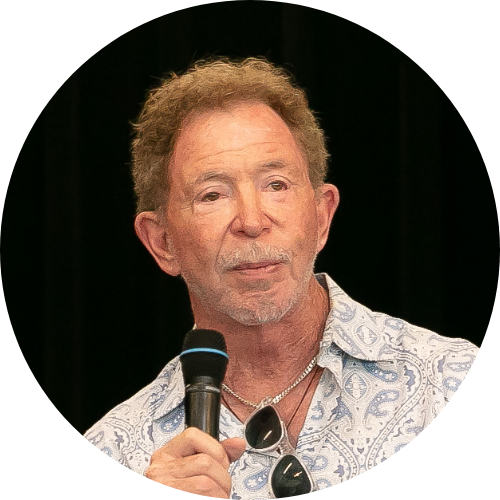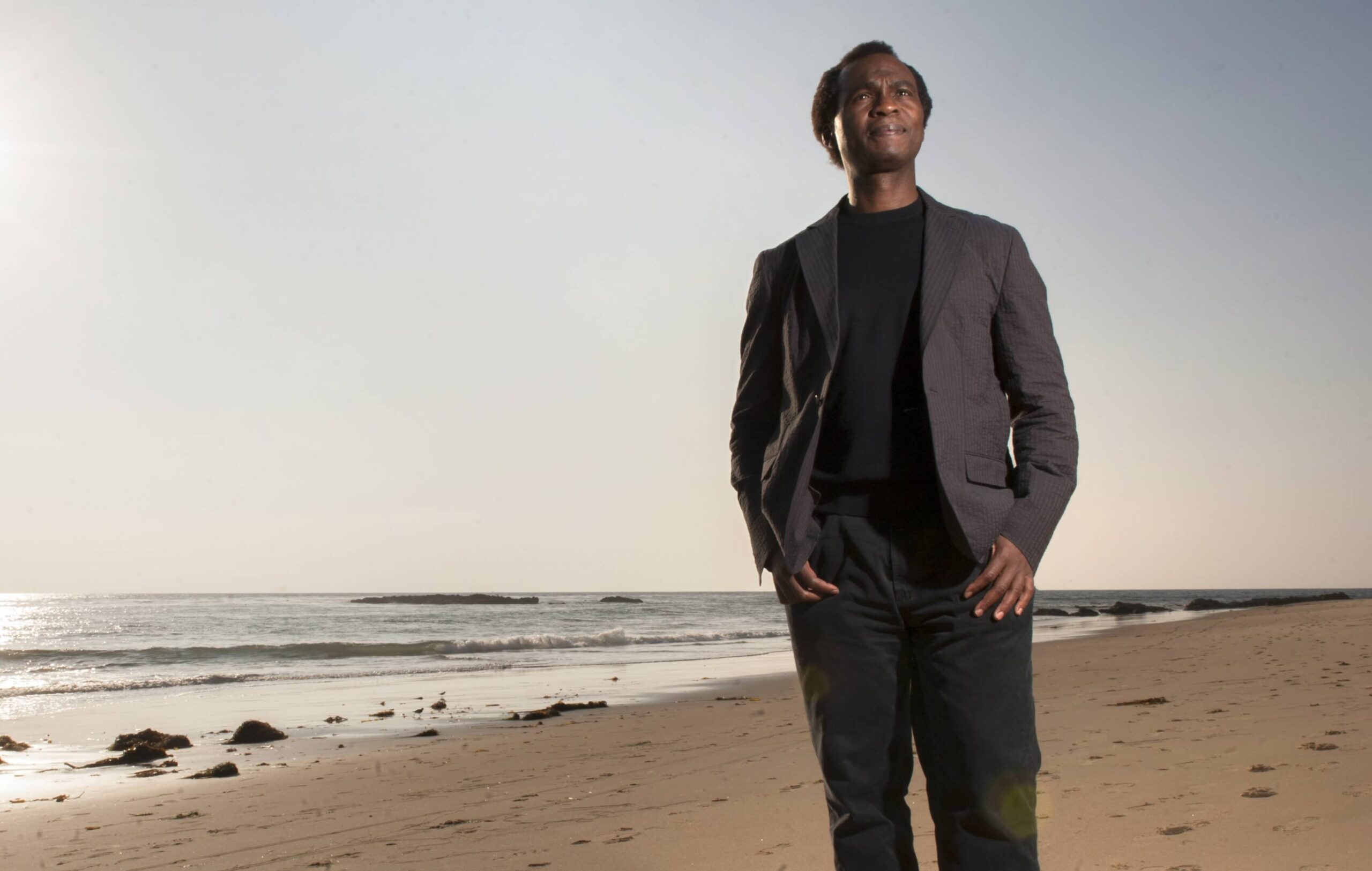
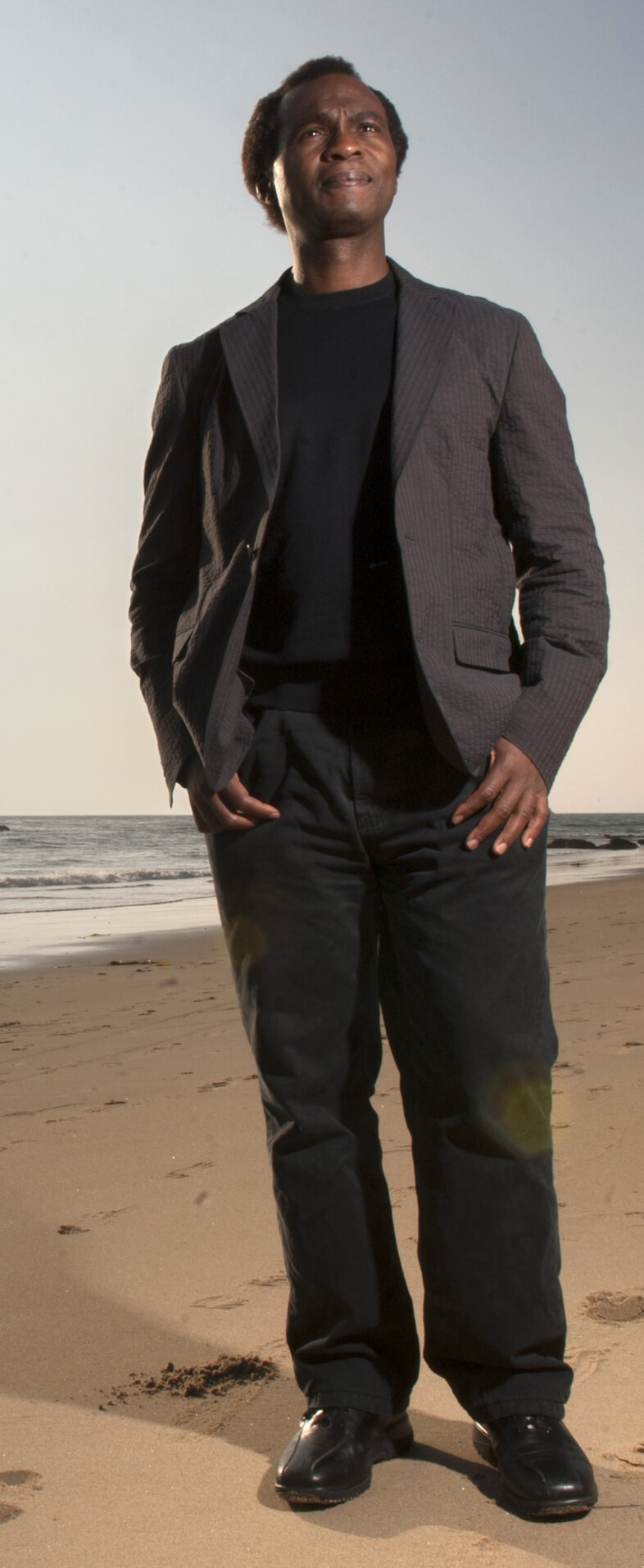
Meet Our Faculty Partners
A diverse array of faculty from across the UC Irvine campus has enthusiastically signed on as affiliates of the Alec Glasser Center for the Power of Music & Social Change, bringing their unique expertise and passion to this transformative effort. These esteemed partners play a crucial role in shaping and expanding our curriculum and partnerships and contribute to our groundbreaking research activities. As we continue to grow our network of faculty affiliates, we look forward to fostering collaborative relationships that enhance the educational experience and deepen our understanding of music’s profound impact on society.
Faculty Affiliates
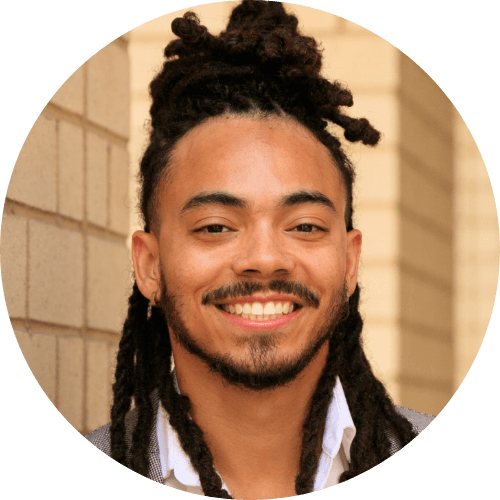
Dominic Bednar
Assistant Professor
Dominic Bednar’s body of work promotes ongoing policy analysis and program evaluations to improve community health and to effectuate a just energy transition. Specifically, his research examines the institutional barriers of energy poverty recognition and response in the United States and explores the spatial, racial/ethnic, and socioeconomic patterns of residential energy affordability, consumption, and efficiency. Their research also explores equitable and just pathways towards decarbonization and clean energy workforce development in Black and Brown communities. Additionally, Dr. Bednar examines the community-based implications of critical minerals and mining in the energy transition and pathways towards more inclusive mobility systems.
LEARN MORE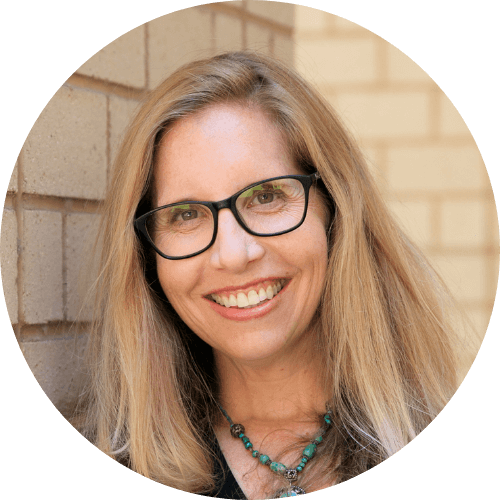
Jessie Borelli
Professor
Dr. Borelli examines the associations between close relationship quality and mental health. She is interested in understanding dynamics within relationships that confer risk for maladjustment as well as ways in which relationships can be harnessed to improve mental health.
LEARN MORE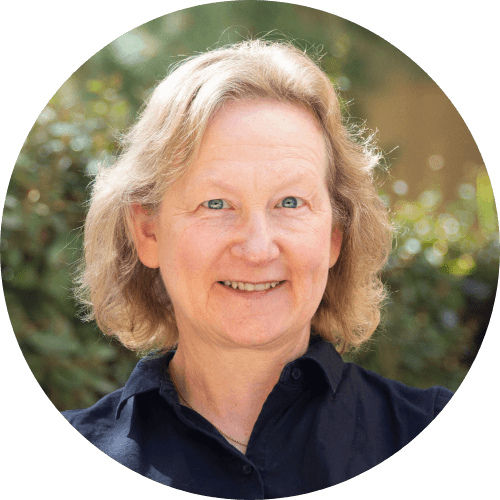
Susan Coutin
Professor
Susan Coutin studies political and legal advocacy regarding immigrant rights, with a focus on Central American migration. Music is relevant to her work in that immigrant rights organizations and activists have drawn on the arts for inspiration in their quest for justice.
LEARN MORE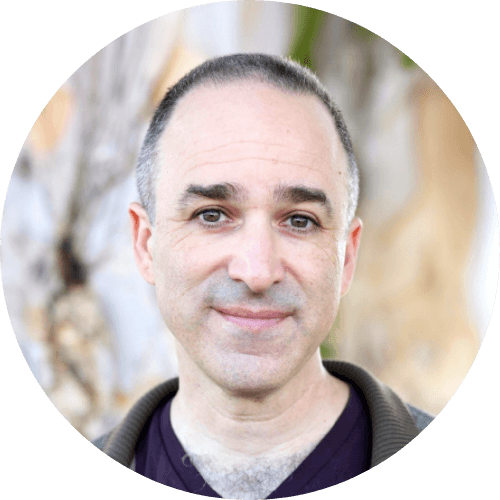
Michael Dessen
Professor
Composer/trombonist Michael Dessen creates highly interactive, improvisatory music and collaborates with leading artists, while also working as a university professor to expand institutional spaces for innovation and exchange. He has worked extensively for nearly twenty years in telematic music, composing and performing on dozens of networked concerts with international collaborators, and co-directing youth education programs that explore the intercultural potentials of musical telepresence. At UC Irvine, he co-founded a PhD program in Integrated Composition, Improvisation and Technology (ICIT) and is currently chair of the Department of Music, as well as affiliated faculty with the Connected Learning Lab and the Alec Glasser Center for the Power of Music & Social Change.
LEARN MORE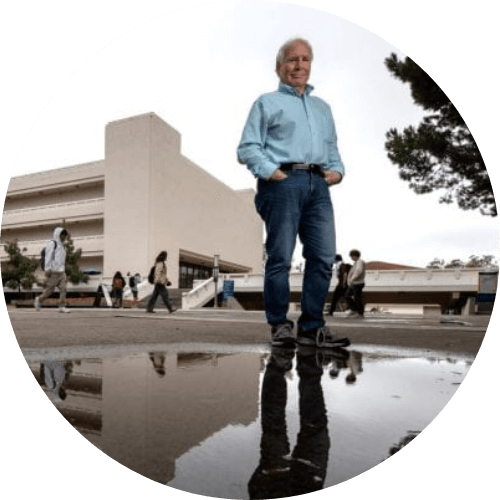
David Feldman
Professor Emeritus and Director, Water UCI
David Feldman specializes in water resource management and policy, global climate change policy, ethics and environmental decisions, adaptive management, and sustainable development. His current research foci are the sources of value conflicts over allocation and distribution of water, and the difficulties in achieving reform to promote equity in water management.
LEARN MORE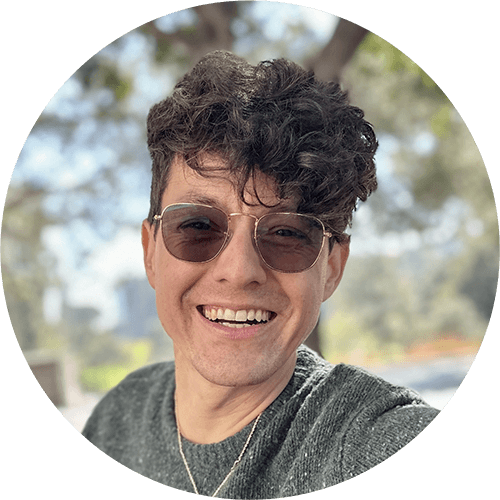
Brandon Golob
Associate Professor of Teaching
Brandon Golob is an Associate Professor of Teaching in Criminology, Law and Society and Associate Dean of the Campuswide Honors Collegium. His teaching and research focus on how legal knowledge is translated to laypeople through mediated and face-to-face communication.
LEARN MORE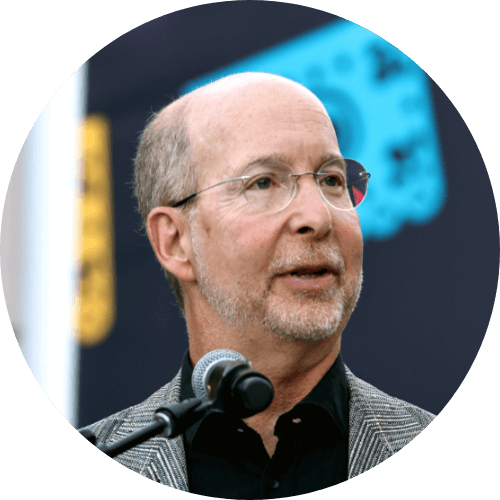
Jon Gould
Dean
Jon Gould is a distinguished scholar in justice policy, social change and government reform who has held key positions in the U.S. Department of Justice and the National Science Foundation.Gould’s expertise covers justice policy, social change and government reform. He was the principal investigator for the Preventing Wrongful Convictions Project, a multiyear research initiative funded by the National Institute of Justice. He is the author of five books and more than 100 articles and reports on such diverse subjects as erroneous convictions, indigent defense, prosecutorial innovation, police behavior, hate speech, sexual harassment and international human rights.
LEARN MORE
Sora Han
Professor
Sora Han studies slavery and American law, critical theory, race, gender, and sexuality studies, and psychoanalysis.
LEARN MORE
Brad Hughes
Associate Professor of Teaching
Brad Hughes is an interdisciplinary STEAM researcher who integrates the arts and sciences to advance learning experiences for students of all levels. His integrations of Evolution, Psychology, and Wellness explore empirical research into practices that hold promise for expanding human health, fitness, and longevity across parameters of social, mental, and physical measures of wellness. The transformative power of music has a dynamic role in his experimental approaches to mitigating our evolutionary mismatch with our modern lifestyles in the pursuit of evidence-based methods to self-efficacy for his students and clientele.
LEARN MORE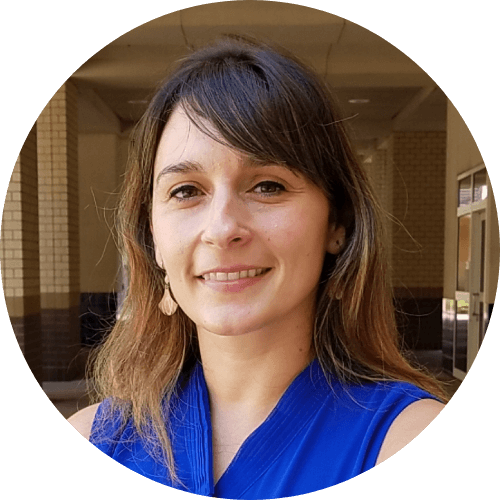
Nicole Iturriaga
Assistant Professor
Nicole Iturriaga is a political sociologist with a focus on science and technology, social movements, collective memory, gender, and human rights. Her research agenda is broadly about examining the conditions under which social actors use science to voice their goals and political grievances, and in some instances, resist state power.
LEARN MORE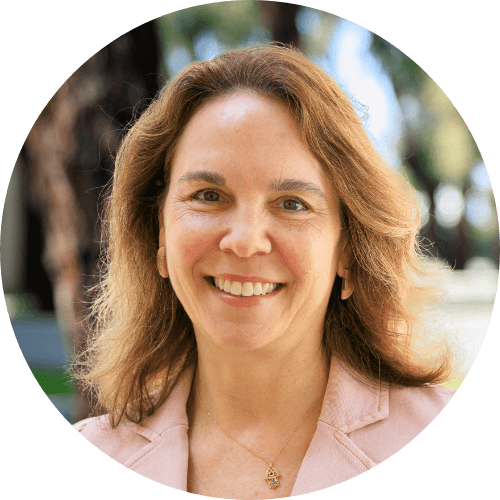
Charis Kubrin
Professor
Charis Kubrin has published books and dozens of journal articles, many of which focus on the intersection of music, culture, and social identity, particularly as it applies to hip-hop and youth of color in disadvantaged communities. She is a frequent media contributor whose writing has been featured in the The New York Times, The Los Angeles Times, The Washington Post, Scientific American, Forbes, and CNN. She is a co-author of two amicus briefs on rap music that were filed with the U.S. Supreme Court, co-author of a legal guide for attorneys involved in rap on trial cases and has served as an expert witness and consultant in numerous criminal cases involving rap music as evidence of alleged underlying criminal activity. She gave a TEDx talk, the Threatening Nature of…Rap Music?, on the use of rap lyrics as evidence in criminal trials and received a Cicero Speechwriting Award for this talk in the category of “Controversial or Highly Politicized Topic.”
LEARN MORE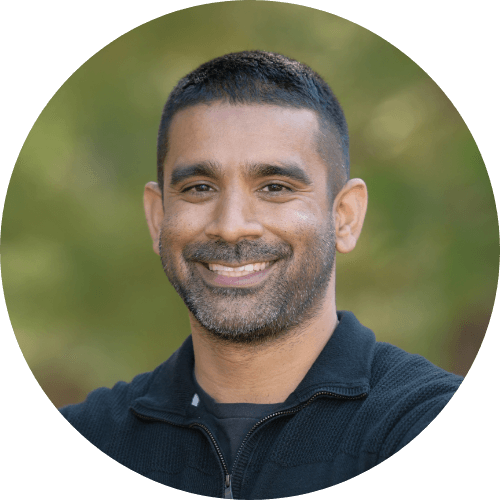
Mukul Kumar
Assistant Professor
Mukul Kumar is an Assistant Professor in the Department of Urban Planning and Public Policy at UC Irvine. As a geographer, his research investigates the political economy of fossil fuels by analyzing the intersections of extractivism, neoliberalism, and authoritarianism. Kumar's research has been featured in a variety of scholarly as well as popular forums, including BBC Radio 4, Climate and Development, Antipode, and the Centre Tricontinental.
LEARN MORE
Mark LeVine
Professor
As an historian, Dr. LeVine studies the social, cultural and economic history of Africa and the Middle East in global contexts. His focus with the Glasser Center is on the ways in which refugees and displaced people use music to reclaim, preserve and create intangible cultural heritage, and how music helps foster communal resilience, intercommunal solidarity, conflict resolution, and entrepreneurship in three African settings: The Kakuma Refugee Camp in Turkana, Kenya, the Chicoco/CMAP collective in Port Harcourt, Nigeria and Yole!Africa, in Goma, DRC.
LEARN MORE
Elizabeth Loftus
Distinguished Professor
Elizabeth Loftus studies human memory. Her experiments reveal how memories can be changed by things that we are told. Facts, ideas, suggestions and other post-event information can modify our memories. The legal field, so reliant on memories, has been a significant application of the memory research. Loftus is also interested in psychology and law, more generally.
LEARN MORE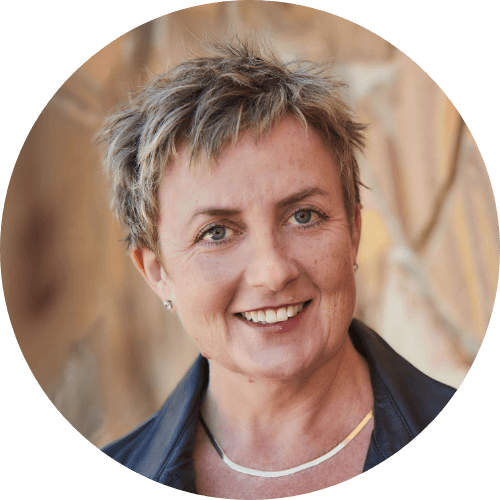
Sara Mednick
Professor
Sara Mednick’s lab studies how sleep impacts behavior. They examine brain activity, as well as how sleep changes across special groups, e.g. aging, development, women's lifespan. They measure outcomes such as cognition, emotions, and autonomic health.
LEARN MORE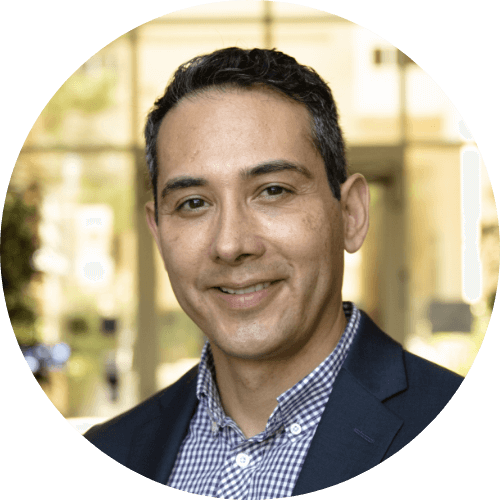
Michael Mendez
Associate Professor
Dr. Michael Méndez is an Associate Professor of Environmental Policy/Planning, and Chancellor’s Fellow at the University of California, Irvine. He is currently an Andrew Carnegie Fellow and Visiting Scientist at the National Center for Atmospheric Research (through a National Science Foundation Early Faculty Career Award). He previously was the Pinchot Faculty Fellow in Sustainability Studies at the Yale School of the Environment. Michael has more than a decade of senior-level experience in the public and private sectors, where he consulted and actively engaged in the policymaking process.
LEARN MORE
Irene Messoloras
Assistant Professor
Dr. Irene Messoloras has served as Director of Choral Activities at the University of California, Irvine since 2019. A dynamic conductor and visionary leader, she has received numerous awards for creative programming, fostering diversity and inclusivity, community engagement, and excellence in conducting. Under her baton, her ensembles have performed in some of the world’s most iconic venues, including Carnegie Hall, Lincoln Center, the Beijing Concert Hall, and have been featured in national commercial campaigns, professional recordings, and music videos. Driven by the belief that choral music is a powerful catalyst for social change, Dr. Messoloras uses music as a platform to bridge cultural divides, amplify marginalized voices, and inspire collective action. Through her work, Dr. Messoloras ensures that the narratives and histories of classical and contemporary music resonate with today’s audiences, creating a meaningful and lasting impact in a rapidly changing world.
LEARN MORE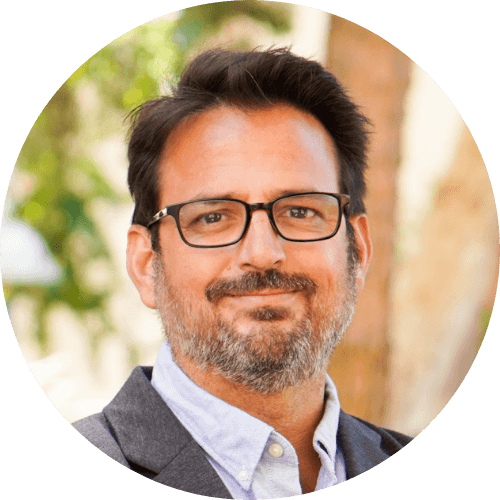
Walter Nicholls
Professor, Department Chair
Walter Nicholls’ research examines the urban conditions that enable immigrant rights activism, how activists frame claims to rights and equality, and how local activists scale up from local battles to national social movements. His work has been comparative and international, focusing mostly on Los Angeles, Paris, and Amsterdam.
LEARN MORE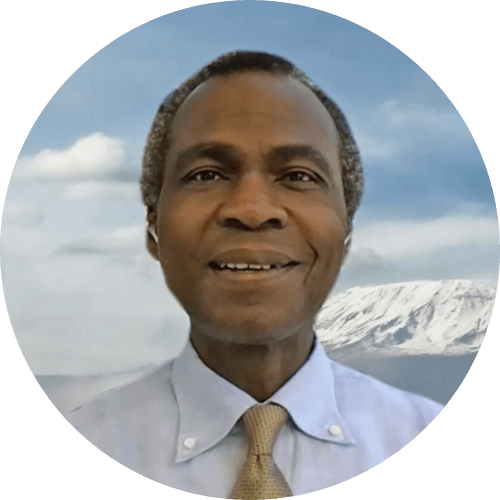
Oladele Ogunseitan
Distinguished Professor
Oladele Ogunseitan works to discover innovative approaches to social change through strategic improvements in the quality of environments that support human health and the wellbeing of life forms in a global context.
LEARN MORE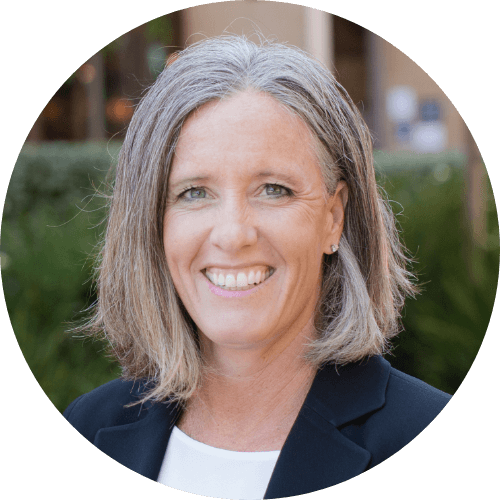
Jodi Quas
Professor
The aim of Jodi Quas’ work at the broadest level is to improve identification of and interventions for vulnerable youth. To pursue this aim, she conducts research on effective versus ineffective questioning approaches to elicit disclosures of victimization or harm in children and adolescents; on criminal and juvenile responses to suspected youth victims and witnesses; and on emotional understanding and regulation in youth following exposure to trauma or harm.
LEARN MORE
Trevor Reed
Professor
Professor Reed researches the impact of intellectual property law on people and societies. His current research explores the intersection of creative production and Indigenous sovereignty, assisting Indigenous Peoples as they develop legal infrastructure grounded in traditional knowledge, traditional cultural expressions, and other aesthetic or performative modes of legal praxis. Professor Reed also works to help Indigenous communities protect and promotes their culture, creativity, and innovation through tribal, federal, and international law.
LEARN MORE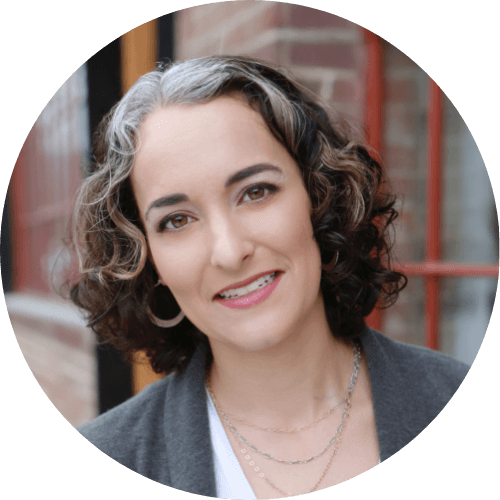
Keramet Reiter
Professor
Keramet Reiter studies prisons, prisoners’ rights, and the impact of prison and punishment policy on individuals, communities, and legal systems. She uses a variety of methods in her work — including interviewing, archival and legal analysis, and quantitative data analysis — in order to understand both the history and impact of criminal justice policies, from medical experimentation on prisoners and record clearing programs to gun control laws and the use of long-term solitary confinement in the United States and internationally. In addition to her research, she has a long-standing commitment to prison education; she has taught in prisons in Massachusetts and California and founded a prison education program on Rikers Island in New York City. She currently serves as the Editor-in-Chief of Punishment & Society; Director of LIFTED, a program to offer University of California BA degrees to incarcerated students; and the co-founder of UCI PrisonPandemic, a digital archive of incarcerated Californian’s stories of living through the COVID-19 pandemic.
LEARN MORE
Brett Sanders
Chancellor's Professor
Brett Sanders is dedicated to addressing two of the most urgent climate challenges: flooding and erosion. With losses escalating at an alarming rate, millions of people are affected by flooding each year. Dr. Sanders focuses on advancing simulation technologies to better characterize flooding and erosion dynamics. He collaborates with transdisciplinary research teams and affected communities to integrate these technologies into actionable insights and policies, ultimately helping to improve flood and erosion management.
LEARN MORE
Jochen Schubert
Research Specialist
Dr Schubert is a geomatics and flood hazards expert. His research leverages fine resolution geospatial data, hydrodynamic numerical models, cartographic tools, and community participatory approaches to improve the characterization and communication of flood hazards. For data scarce regions across the Global South he is also interested in developing culturally sensitive geospatial technology training packages, empowering disadvantaged populations to take ownership of data collection and unlock spatial knowledge necessary to enhance hazard preparedness and sustainable development.
LEARN MORE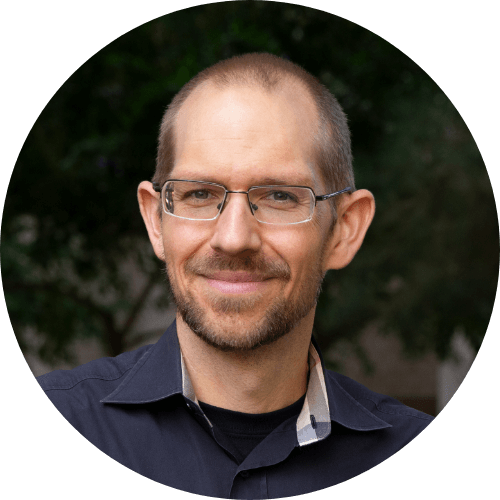
Stephen Schueller
Professor
As a clinical psychologist and mental health services researcher, Dr. Schueller’s work focuses on increasing access to and accessibility of mental health services mostly through the use of technology. This includes the development, evaluation, and implementation of digital mental health interventions. This work lies at the intersection of clinical science, human-computer interaction, and implementation science.
LEARN MORE
Nina Scolnik
Professor of Teaching
Nina Scolnik is a concert pianist and researcher who has spent decades exploring the intersection of music performance and well-being. Drawing on neuroplasticity and embodied practices such as the Taubman Approach, Alexander Technique, and Body Mapping, she has gained international recognition for her teaching, research, and clinical success in rehabilitating injured musicians, particularly those with focal dystonia. Her work challenges traditional views on performance by advancing a holistic, integrative approach to embodied artistic practice and musicians’ health.
LEARN MORE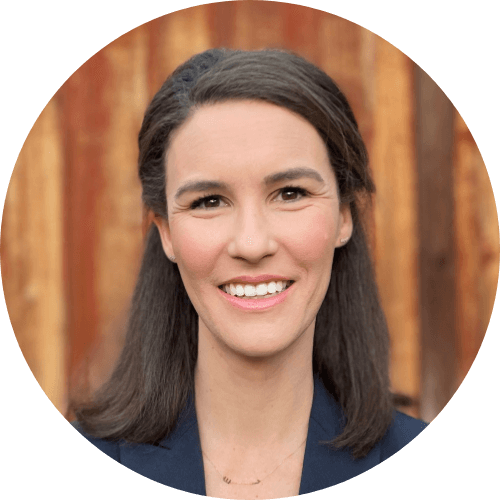
Katharine Simon
Assistant Professor
Katharine Simon investigates the role of sleep across development in health and disease. Her lab is particularly focused on the intersection of maturing sleep patterns, cognition, and mental health. Her lab’s studies follow youth and young adults over short and long-term delays to understand these complex relationships.
LEARN MORE
Rajna Swaminathan
Assistant Professor
Professor Swaminathan holds a PhD in Music from Harvard University’s Creative Practice and Critical Inquiry program and is an improviser, composer, and scholar. Professor Swaminathan’s primary instrument is the mrudangam, one of the central instruments in Karnatik music and South Indian dance. As the founder and leader of the ensemble RAJAS, she asserts herself as an artist at the forefront of new intercultural horizons driven by the improvisational sensibilities of South Asian and African diasporic musical practices, creative music, and jazz. As a composer, Professor Swaminathan's recognition is rising fast nationally and internationally, being programmed and commissioned by notable venues and presenters, such as Chamber Music America, National Sawdust, the LA Phil, and the Bang on a Can Marathon.
LEARN MORE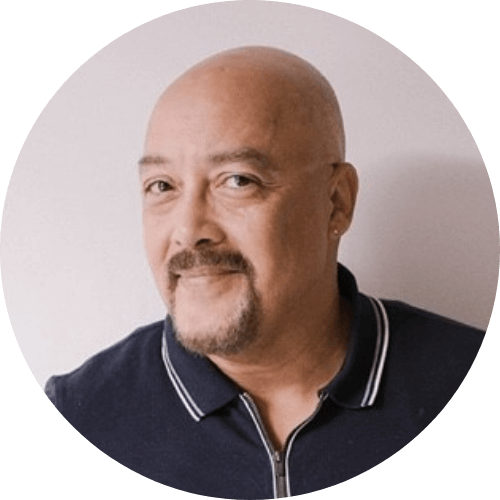
Darryl Taylor
Professor
Darryl Taylor is a countertenor (the only countertenor teaching in the entire UC or Cal State system). He teaches voice and affiliated courses. He is recognized internationally as one of the leading specialists in African American Art Song and is the founder of the African American Art Song Alliance.
LEARN MORE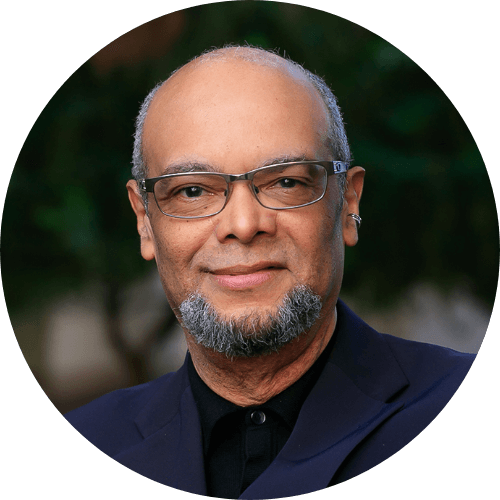
Julian Thayer
Distinguished Professor
Dr. Thayer's area of specialization is psychophysiological aspects of self-regulation, particularly parasympathetic influences on physical and mental health including hypertension, anxiety, and depression. He is a pioneer in examining heart rate variability and had conducted numerous studies of emotional influences on memory and in memory-related disorders.
LEARN MORE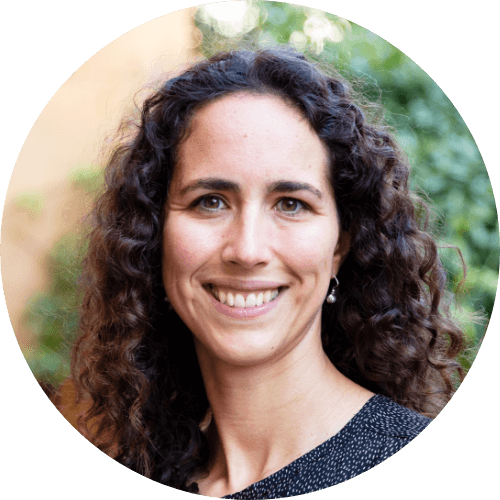
Nicola Ulibarri
Associate Professor
Nicola Ulibarri is an interdisciplinary scholar who studies environmental policy and governance, with a focus on redesigning environmental decision-making processes to result in better environmental and social outcomes. Topically, she focuses on water governance, coastal resilience, and climate change adaptation.
LEARN MORE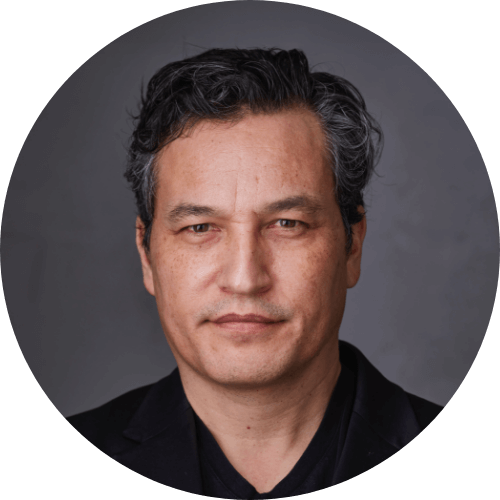
Kojiro Umezaki
Professor
Umezaki's research and creative activity is rooted in 20+ years of performance and social action with Silkroad, a music organization that seeks to foster local and global social change by bringing together artists from diverse traditions to investigate the transformative power of music, art, and education. An extension of this work, initially through Turnaround Arts, is a longstanding relationship with middle and high school students at the Lame Deer School on Northern Cheyenne lands, where intercultural and multi-arts approaches to music and storytelling emphasize collaborative authorship with youth in historically isolated communities.
LEARN MORE
S. Ama Wray
Professor
Ama Wray is interested in improvisation both in dance and music - as shared, intertwined, human virtuosic phenomenon. She further posits that music and dance are artifacts of vibrating fields of energy and their oscillations and orchestrations optimize vitality expressively and expansively. Embodiology® - a praxis she invented, arising out West African performance practices, allied with further indigenous and community modes of expressivity, encompass art, healing and community cohesion. Through the MOVE LAB kinaesonic practices are examined scientifically through interdisciplinary methods and integrative teams.
LEARN MORE
Dominic Bednar
Assistant Professor
Urban Planning & Public Policy
Dominic Bednar’s body of work promotes ongoing policy analysis and program evaluations to improve community health and to effectuate a just energy transition. Specifically, his research examines the institutional barriers of energy poverty recognition and response in the United States and explores the spatial, racial/ethnic, and socioeconomic patterns of residential energy affordability, consumption, and efficiency. Their research also explores equitable and just pathways towards decarbonization and clean energy workforce development in Black and Brown communities. Additionally, Dr. Bednar examines the community-based implications of critical minerals and mining in the energy transition and pathways towards more inclusive mobility systems.
LEARN MORE
Jessie Borelli
Professor
Psychological Science
Dr. Borelli examines the associations between close relationship quality and mental health. She is interested in understanding dynamics within relationships that confer risk for maladjustment as well as ways in which relationships can be harnessed to improve mental health.
LEARN MORE
Susan Coutin
Professor
Criminology, Law and Society
Susan Coutin studies political and legal advocacy regarding immigrant rights, with a focus on Central American migration. Music is relevant to her work in that immigrant rights organizations and activists have drawn on the arts for inspiration in their quest for justice.
LEARN MORE
Michael Dessen
Professor
Music
Composer/trombonist Michael Dessen creates highly interactive, improvisatory music and collaborates with leading artists, while also working as a university professor to expand institutional spaces for innovation and exchange. He has worked extensively for nearly twenty years in telematic music, composing and performing on dozens of networked concerts with international collaborators, and co-directing youth education programs that explore the intercultural potentials of musical telepresence. At UC Irvine, he co-founded a PhD program in Integrated Composition, Improvisation and Technology (ICIT) and is currently chair of the Department of Music, as well as affiliated faculty with the Connected Learning Lab and the Alec Glasser Center for the Power of Music & Social Change.
LEARN MORE
David Feldman
Professor Emeritus and Director, Water UCI
Urban Planning and Public Policy
David Feldman specializes in water resource management and policy, global climate change policy, ethics and environmental decisions, adaptive management, and sustainable development. His current research foci are the sources of value conflicts over allocation and distribution of water, and the difficulties in achieving reform to promote equity in water management.
LEARN MORE
Brandon Golob
Associate Professor of Teaching
Criminology, Law & Society
Brandon Golob is an Associate Professor of Teaching in Criminology, Law and Society and Associate Dean of the Campuswide Honors Collegium. His teaching and research focus on how legal knowledge is translated to laypeople through mediated and face-to-face communication.
LEARN MORE
Jon Gould
Dean
School of Social Ecology
Jon Gould is a distinguished scholar in justice policy, social change and government reform who has held key positions in the U.S. Department of Justice and the National Science Foundation.Gould’s expertise covers justice policy, social change and government reform. He was the principal investigator for the Preventing Wrongful Convictions Project, a multiyear research initiative funded by the National Institute of Justice. He is the author of five books and more than 100 articles and reports on such diverse subjects as erroneous convictions, indigent defense, prosecutorial innovation, police behavior, hate speech, sexual harassment and international human rights.
LEARN MORE
Sora Han
Professor
Criminology, Law and Society
Sora Han studies slavery and American law, critical theory, race, gender, and sexuality studies, and psychoanalysis.
LEARN MORE
Brad Hughes
Associate Professor of Teaching
Ecology and Evolutionary Biology
Brad Hughes is an interdisciplinary STEAM researcher who integrates the arts and sciences to advance learning experiences for students of all levels. His integrations of Evolution, Psychology, and Wellness explore empirical research into practices that hold promise for expanding human health, fitness, and longevity across parameters of social, mental, and physical measures of wellness. The transformative power of music has a dynamic role in his experimental approaches to mitigating our evolutionary mismatch with our modern lifestyles in the pursuit of evidence-based methods to self-efficacy for his students and clientele.
LEARN MORE
Nicole Iturriaga
Assistant Professor
Criminology, Law and Society
Nicole Iturriaga is a political sociologist with a focus on science and technology, social movements, collective memory, gender, and human rights. Her research agenda is broadly about examining the conditions under which social actors use science to voice their goals and political grievances, and in some instances, resist state power.
LEARN MORE
Charis Kubrin
Professor
Criminology, Law & Society
Charis Kubrin has published books and dozens of journal articles, many of which focus on the intersection of music, culture, and social identity, particularly as it applies to hip-hop and youth of color in disadvantaged communities. She is a frequent media contributor whose writing has been featured in the The New York Times, The Los Angeles Times, The Washington Post, Scientific American, Forbes, and CNN. She is a co-author of two amicus briefs on rap music that were filed with the U.S. Supreme Court, co-author of a legal guide for attorneys involved in rap on trial cases and has served as an expert witness and consultant in numerous criminal cases involving rap music as evidence of alleged underlying criminal activity. She gave a TEDx talk, the Threatening Nature of…Rap Music?, on the use of rap lyrics as evidence in criminal trials and received a Cicero Speechwriting Award for this talk in the category of “Controversial or Highly Politicized Topic.”
LEARN MORE
Mukul Kumar
Assistant Professor
Urban Planning and Public Policy
Mukul Kumar is an Assistant Professor in the Department of Urban Planning and Public Policy at UC Irvine. As a geographer, his research investigates the political economy of fossil fuels by analyzing the intersections of extractivism, neoliberalism, and authoritarianism. Kumar's research has been featured in a variety of scholarly as well as popular forums, including BBC Radio 4, Climate and Development, Antipode, and the Centre Tricontinental.
LEARN MORE
Mark LeVine
Professor
History
As an historian, Dr. LeVine studies the social, cultural and economic history of Africa and the Middle East in global contexts. His focus with the Glasser Center is on the ways in which refugees and displaced people use music to reclaim, preserve and create intangible cultural heritage, and how music helps foster communal resilience, intercommunal solidarity, conflict resolution, and entrepreneurship in three African settings: The Kakuma Refugee Camp in Turkana, Kenya, the Chicoco/CMAP collective in Port Harcourt, Nigeria and Yole!Africa, in Goma, DRC.
LEARN MORE
Elizabeth Loftus
Distinguished Professor
Psychological Science; Criminology, Law & Society; School of Law
Elizabeth Loftus studies human memory. Her experiments reveal how memories can be changed by things that we are told. Facts, ideas, suggestions and other post-event information can modify our memories. The legal field, so reliant on memories, has been a significant application of the memory research. Loftus is also interested in psychology and law, more generally.
LEARN MORE
Sara Mednick
Professor
Cognitive Science
Sara Mednick’s lab studies how sleep impacts behavior. They examine brain activity, as well as how sleep changes across special groups, e.g. aging, development, women's lifespan. They measure outcomes such as cognition, emotions, and autonomic health.
LEARN MORE
Michael Mendez
Associate Professor
Urban Planning & Public Policy
Dr. Michael Méndez is an Associate Professor of Environmental Policy/Planning, and Chancellor’s Fellow at the University of California, Irvine. He is currently an Andrew Carnegie Fellow and Visiting Scientist at the National Center for Atmospheric Research (through a National Science Foundation Early Faculty Career Award). He previously was the Pinchot Faculty Fellow in Sustainability Studies at the Yale School of the Environment. Michael has more than a decade of senior-level experience in the public and private sectors, where he consulted and actively engaged in the policymaking process.
LEARN MORE
Irene Messoloras
Assistant Professor
Music
Dr. Irene Messoloras has served as Director of Choral Activities at the University of California, Irvine since 2019. A dynamic conductor and visionary leader, she has received numerous awards for creative programming, fostering diversity and inclusivity, community engagement, and excellence in conducting. Under her baton, her ensembles have performed in some of the world’s most iconic venues, including Carnegie Hall, Lincoln Center, the Beijing Concert Hall, and have been featured in national commercial campaigns, professional recordings, and music videos. Driven by the belief that choral music is a powerful catalyst for social change, Dr. Messoloras uses music as a platform to bridge cultural divides, amplify marginalized voices, and inspire collective action. Through her work, Dr. Messoloras ensures that the narratives and histories of classical and contemporary music resonate with today’s audiences, creating a meaningful and lasting impact in a rapidly changing world.
LEARN MORE
Walter Nicholls
Professor, Department Chair
Urban Planning & Public Policy
Walter Nicholls’ research examines the urban conditions that enable immigrant rights activism, how activists frame claims to rights and equality, and how local activists scale up from local battles to national social movements. His work has been comparative and international, focusing mostly on Los Angeles, Paris, and Amsterdam.
LEARN MORE
Oladele Ogunseitan
Distinguished Professor
Population Health & Disease Prevention
Oladele Ogunseitan works to discover innovative approaches to social change through strategic improvements in the quality of environments that support human health and the wellbeing of life forms in a global context.
LEARN MORE
Jodi Quas
Professor
Psychological Science
The aim of Jodi Quas’ work at the broadest level is to improve identification of and interventions for vulnerable youth. To pursue this aim, she conducts research on effective versus ineffective questioning approaches to elicit disclosures of victimization or harm in children and adolescents; on criminal and juvenile responses to suspected youth victims and witnesses; and on emotional understanding and regulation in youth following exposure to trauma or harm.
LEARN MORE
Trevor Reed
Professor
Law
Professor Reed researches the impact of intellectual property law on people and societies. His current research explores the intersection of creative production and Indigenous sovereignty, assisting Indigenous Peoples as they develop legal infrastructure grounded in traditional knowledge, traditional cultural expressions, and other aesthetic or performative modes of legal praxis. Professor Reed also works to help Indigenous communities protect and promotes their culture, creativity, and innovation through tribal, federal, and international law.
LEARN MORE
Keramet Reiter
Professor
Criminology, Law & Society
Keramet Reiter studies prisons, prisoners’ rights, and the impact of prison and punishment policy on individuals, communities, and legal systems. She uses a variety of methods in her work — including interviewing, archival and legal analysis, and quantitative data analysis — in order to understand both the history and impact of criminal justice policies, from medical experimentation on prisoners and record clearing programs to gun control laws and the use of long-term solitary confinement in the United States and internationally. In addition to her research, she has a long-standing commitment to prison education; she has taught in prisons in Massachusetts and California and founded a prison education program on Rikers Island in New York City. She currently serves as the Editor-in-Chief of Punishment & Society; Director of LIFTED, a program to offer University of California BA degrees to incarcerated students; and the co-founder of UCI PrisonPandemic, a digital archive of incarcerated Californian’s stories of living through the COVID-19 pandemic.
LEARN MORE
Brett Sanders
Chancellor's Professor
Civil and Environmental Engineering
Brett Sanders is dedicated to addressing two of the most urgent climate challenges: flooding and erosion. With losses escalating at an alarming rate, millions of people are affected by flooding each year. Dr. Sanders focuses on advancing simulation technologies to better characterize flooding and erosion dynamics. He collaborates with transdisciplinary research teams and affected communities to integrate these technologies into actionable insights and policies, ultimately helping to improve flood and erosion management.
LEARN MORE
Jochen Schubert
Research Specialist
Civil and Environmental Engineering
Dr Schubert is a geomatics and flood hazards expert. His research leverages fine resolution geospatial data, hydrodynamic numerical models, cartographic tools, and community participatory approaches to improve the characterization and communication of flood hazards. For data scarce regions across the Global South he is also interested in developing culturally sensitive geospatial technology training packages, empowering disadvantaged populations to take ownership of data collection and unlock spatial knowledge necessary to enhance hazard preparedness and sustainable development.
LEARN MORE
Stephen Schueller
Professor
Psychological Science & Informatics
As a clinical psychologist and mental health services researcher, Dr. Schueller’s work focuses on increasing access to and accessibility of mental health services mostly through the use of technology. This includes the development, evaluation, and implementation of digital mental health interventions. This work lies at the intersection of clinical science, human-computer interaction, and implementation science.
LEARN MORE
Nina Scolnik
Professor of Teaching
Music
Nina Scolnik is a concert pianist and researcher who has spent decades exploring the intersection of music performance and well-being. Drawing on neuroplasticity and embodied practices such as the Taubman Approach, Alexander Technique, and Body Mapping, she has gained international recognition for her teaching, research, and clinical success in rehabilitating injured musicians, particularly those with focal dystonia. Her work challenges traditional views on performance by advancing a holistic, integrative approach to embodied artistic practice and musicians’ health.
LEARN MORE
Katharine Simon
Assistant Professor
Pediatrics
Katharine Simon investigates the role of sleep across development in health and disease. Her lab is particularly focused on the intersection of maturing sleep patterns, cognition, and mental health. Her lab’s studies follow youth and young adults over short and long-term delays to understand these complex relationships.
LEARN MORE
Rajna Swaminathan
Assistant Professor
Music
Professor Swaminathan holds a PhD in Music from Harvard University’s Creative Practice and Critical Inquiry program and is an improviser, composer, and scholar. Professor Swaminathan’s primary instrument is the mrudangam, one of the central instruments in Karnatik music and South Indian dance. As the founder and leader of the ensemble RAJAS, she asserts herself as an artist at the forefront of new intercultural horizons driven by the improvisational sensibilities of South Asian and African diasporic musical practices, creative music, and jazz. As a composer, Professor Swaminathan's recognition is rising fast nationally and internationally, being programmed and commissioned by notable venues and presenters, such as Chamber Music America, National Sawdust, the LA Phil, and the Bang on a Can Marathon.
LEARN MORE
Darryl Taylor
Professor
Music
Darryl Taylor is a countertenor (the only countertenor teaching in the entire UC or Cal State system). He teaches voice and affiliated courses. He is recognized internationally as one of the leading specialists in African American Art Song and is the founder of the African American Art Song Alliance.
LEARN MORE
Julian Thayer
Distinguished Professor
Psychological Science
Dr. Thayer's area of specialization is psychophysiological aspects of self-regulation, particularly parasympathetic influences on physical and mental health including hypertension, anxiety, and depression. He is a pioneer in examining heart rate variability and had conducted numerous studies of emotional influences on memory and in memory-related disorders.
LEARN MORE
Nicola Ulibarri
Associate Professor
Urban Planning & Public Policy
Nicola Ulibarri is an interdisciplinary scholar who studies environmental policy and governance, with a focus on redesigning environmental decision-making processes to result in better environmental and social outcomes. Topically, she focuses on water governance, coastal resilience, and climate change adaptation.
LEARN MORE
Kojiro Umezaki
Professor
Music
Umezaki's research and creative activity is rooted in 20+ years of performance and social action with Silkroad, a music organization that seeks to foster local and global social change by bringing together artists from diverse traditions to investigate the transformative power of music, art, and education. An extension of this work, initially through Turnaround Arts, is a longstanding relationship with middle and high school students at the Lame Deer School on Northern Cheyenne lands, where intercultural and multi-arts approaches to music and storytelling emphasize collaborative authorship with youth in historically isolated communities.
LEARN MORE
S. Ama Wray
Professor
Dance
Ama Wray is interested in improvisation both in dance and music - as shared, intertwined, human virtuosic phenomenon. She further posits that music and dance are artifacts of vibrating fields of energy and their oscillations and orchestrations optimize vitality expressively and expansively. Embodiology® - a praxis she invented, arising out West African performance practices, allied with further indigenous and community modes of expressivity, encompass art, healing and community cohesion. Through the MOVE LAB kinaesonic practices are examined scientifically through interdisciplinary methods and integrative teams.
LEARN MORE
